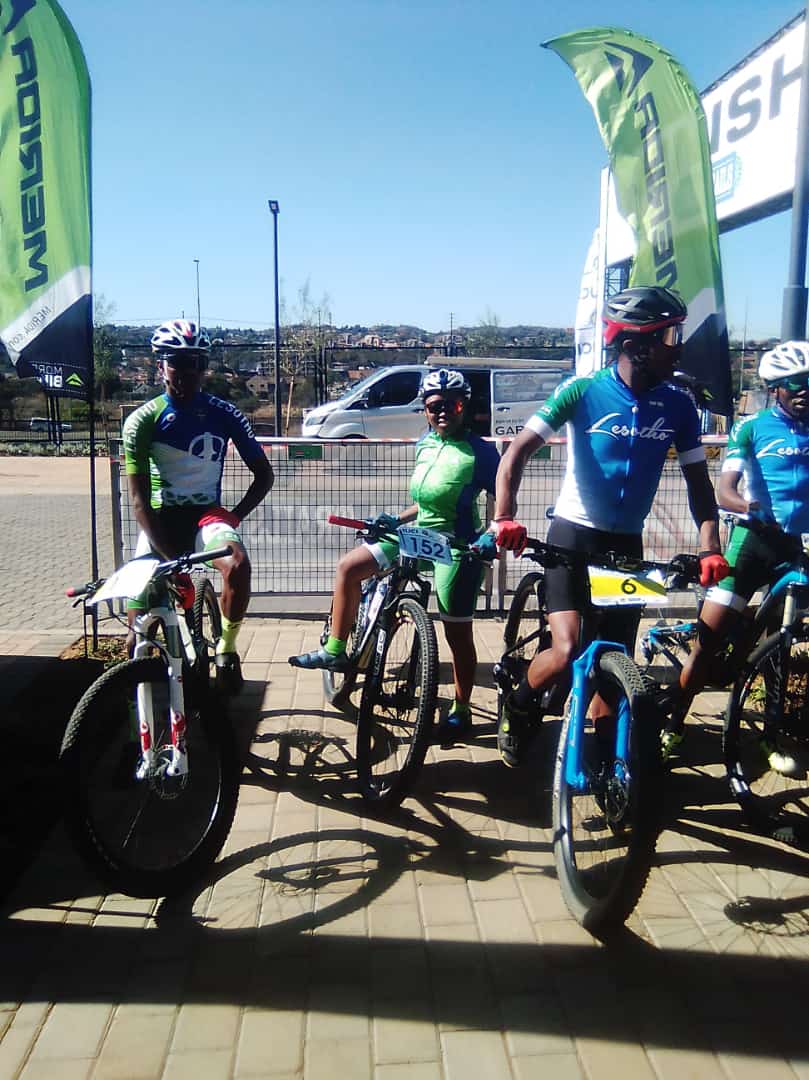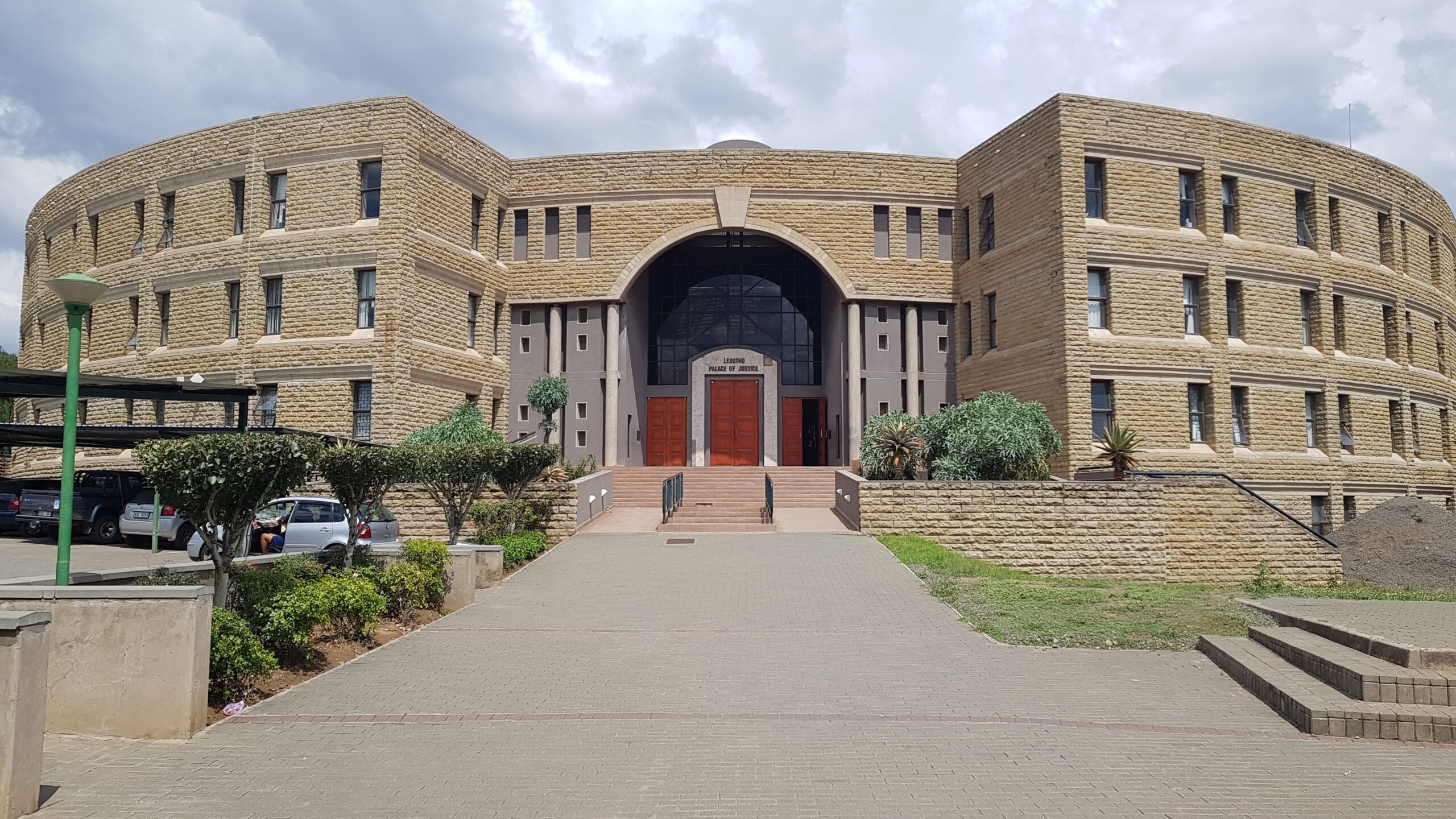Mohloai Mpesi
In the already exhausted squabble between the Lesotho Revenue Authority (LRA) and Lesotho Liquor and Restaurant Owners Association (LeLROA) on levy increment, the authority fingered the industry for a provocation of Alcohol and Tobacco smuggling from the neighbouring countries.
The scuffle was caused by the notion to hike Alcohol and Tobacco levy bill that had been debated before the National Assembly Portfolio Committee on Economic and Development Cluster since May this year.
The attempt of increasing alcohol and tobacco tax with 15% and 30% respectively was proposed by LRA and the Ministry of Finance.
The bill was presented before the Committee last month and was projected to amass M200million of revenues annually from the two products if the levy is increased, and that will help to supress the consumption of the two products, thus lessening the illnesses emanating from abuse of the products.
Meanwhile, the LI&ROA complained that the increase of the levy will harm business and also surge the smuggling of the products from the neighbouring South Africa as was seen during the national lockdown earlier this year. He said the unlicensed dealers will grab the opportunity of purchasing the products from South Africa with and sell them at low prices, which will be a blow below the belt.
This week LRA sat before the committee where the authority signaled that the trafficking of alcohol is highly promoted by the licensed liquor traders who purchase products from South Africa and pelt them under other products.
LRA Anti-Smuggling Unit Manager Retšelisitsoe Mokitimi confirmed before the committee that the members of Le&LIROA stimulate smuggling while they (LRA) are working to stop it.
We have inward smuggling of products, where the smuggled goods are coming in the country from other countries. We also have outward smuggling where the products are being smuggled from Lesotho to other countries.
People still cross through the porous borders to import tobacco- that one happens in many countries, but the products smuggled to South Africa are those that came in the country legitimately and exported to South Africa illegitimately, it was happening during lockdown.
As for inward smuggling we do have cases and most of the times this is done by the members of Li& roa, I am not afraid to mention them because they are the ones who have licenses to buy wines from South Africa. They buy wines and hide beer under the wines and declare the wines only, he explained.
LRA Acting Commissioner General Mathabo Mokoko stated that they are going to intensify control measures at the porous borders by introducing Mobile Scanners to all five commercial borders in the country. LRA has only ever had two mobile scanners since its inauguration in 2014.
She emphasised that the levy has to upsurge in order to stop people from smuggling the products as all will buy when the prices are low.
Smuggling is promoted by low prices because everyone can afford to buy the products. We want the prices to increase and go at par with the republic of South Africa so that not all can be able to purchase.
During the lockdown there was a lot of smuggling of products especially alcohol which was not permitted in South Africa, whereby Basotho ended smuggling beer to South Africa, Mokoko said.
We are in the process of restructuring where our mobile scanning will go all out into the districts to scan for smuggled goods, she said.
Mokoko further indicated that the authority consulted the industry regarding the levy issue but learned that they do not want the levy. However, she continued that they received counsels from the World Bank and International Monetary Fund (IMF) to proceed with the endeavor as per mandate of every government to boost their purse.
The main purpose of our consultation was to let the industry know what the government intends to do in order to avoid surprises. We didn’t do that to ask for their permission. It was to apprise them and also learn how that will affect them.
We learned how it will affect them. All these started when the government was broke, we were running to IMF to ask for handouts. IMF advised that as a government we should be independent financially and this strategy that we have proposed is one of the ways to increase our purse and they said they will help us to implement this.
We received advised from the World Bank that this is a good source of revenue; they advised that we can pitch both at 30% in the beginning. We returned to the industry and discussed these with them, they understand equally well but they want to create an impression that the effect of paying levy will make them pay more, she said adding that the tariff is going to be charged like Value Added Tax (VAT).
They said this strategy failed to materialise in Botswana. It failed in Botswana because there are some hiccups in every country that hinders the effectiveness of the levy. This one is going to work like a VAT, which is the tax that we pay every day when we buy whatever that we can buy at the shops. It is a tax paid out by the consumer, but in this case, because of our technical model, the costs are going to be deducted from the manufacturing.
Previously we had a general sales tax which adds the costs from the manufacturing; if the levy is 15%, the consumer would pay 60% of the product according to the stages; manufacturing, retailor and down to a village shop, tax is added in every stage.
So here it is different because it is going to work like a VAT. Here when you buy a product; it’s the actual price of that product, the VAT that it contains, the levy and the total cost summed together.
There is a possibility that the industry wants to play with us because this committee belongs to the parliament. We set with the industry after being summoned by the committee in May this year.
I want to shed a light that we are not supposed to be discussing these issues now because we have long talked about them, the reason we even submitted the figures to support out idea. So the consultation part is clear that they don’t want the levy and it’s either their way or the high way.
The government needs money and Southern African Customs Union (SACU) is dwindling badly, we need to make sure that the country generates money, she said.
Summary
- In the already exhausted squabble between the Lesotho Revenue Authority (LRA) and Lesotho Liquor and Restaurant Owners Association (LeLROA) on levy increment, the authority fingered the industry for a provocation of Alcohol and Tobacco smuggling from the neighbouring countries.
- The bill was presented before the Committee last month and was projected to amass M200million of revenues annually from the two products if the levy is increased, and that will help to supress the consumption of the two products, thus lessening the illnesses emanating from abuse of the products.
- Meanwhile, the LI&ROA complained that the increase of the levy will harm business and also surge the smuggling of the products from the neighbouring South Africa as was seen during the national lockdown earlier this year.

Your Trusted Source for News and Insights in Lesotho!
At Newsday Media, we are passionate about delivering accurate, timely, and engaging news and multimedia content to our diverse audience. Founded with the vision of revolutionizing the media landscape in Lesotho, we have grown into a leading hybrid media company that blends traditional journalism with innovative digital platforms.






